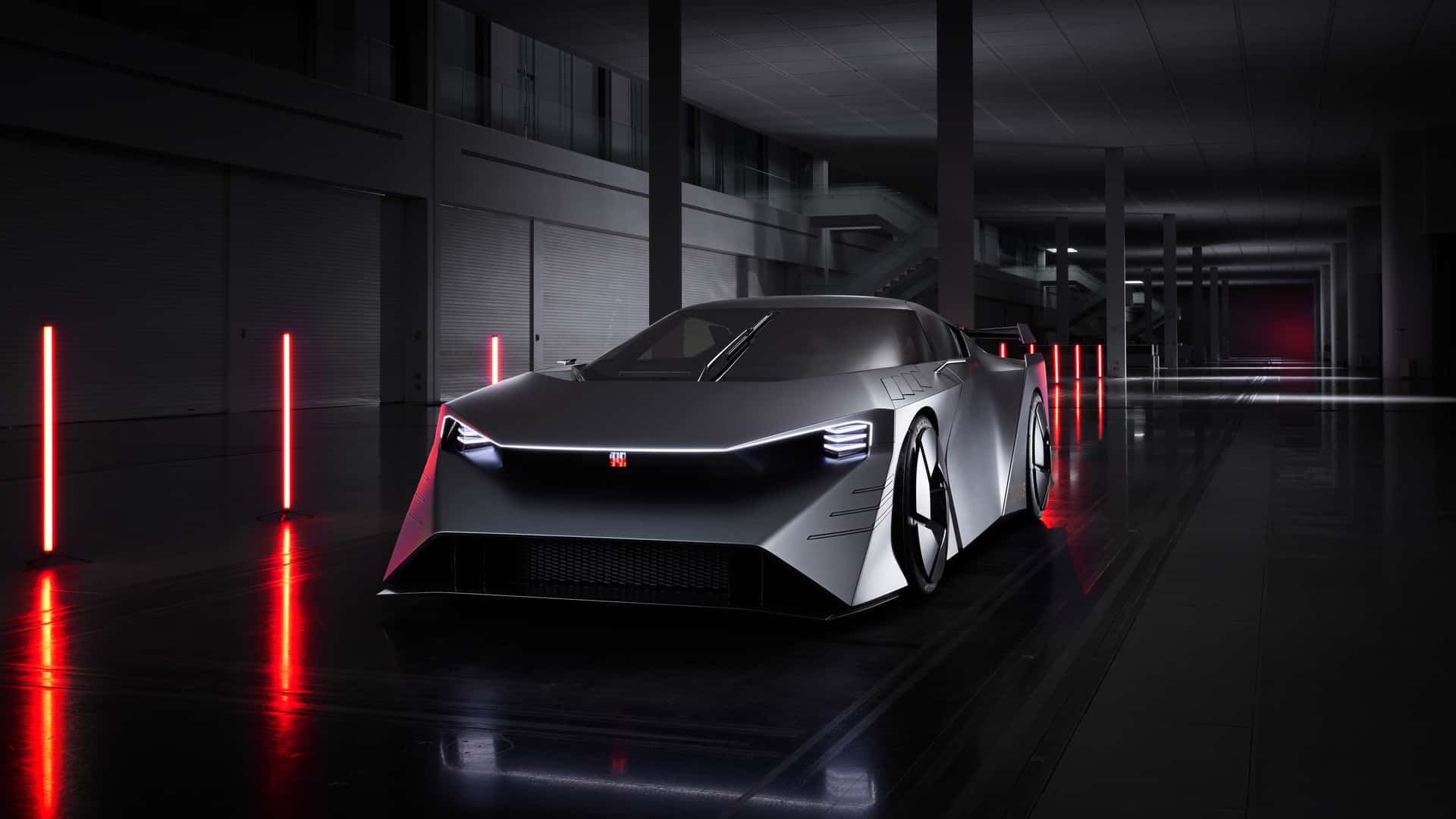
The Nissan GT-R is as old as dirt, tracing its roots back to 2001 with the Skyline GT-R concept. Despite its venerable age, the Japanese supercar had an excellent 2023 when sales shot up by 584 percent in the United States. Still, the R35 generation is in dire need of a replacement.
At the Japan Mobility Show last October, Nissan hinted at the prospects of a next-gen car. This spectacular Hyper Force stole the show in Tokyo with its crazy design and the promise of 1,341 horsepower. It had front and rear motors, all-wheel drive, butterfly doors, and a pixelated GT-R logo. Now, the company's program design director suggests the eye-catching concept has a chance of evolving into a production model by 2030.
Nissan Hyper Force concept







In a conversation with Autocar, Giovanny Arroba referred to the Hyper Force as a "daring but tangible dream to achieve by the end of the decade." He continued by stating, "the shapes, proportion, and stance aren't based on pure fantasy." Regarding the feedback received by Nissan after the concept's unveiling, opinions were mixed. Some suggested that the next supercar should retain a combustion engine, while others reacted "quite positively" to an all-electric setup.
Nissan’s global product boss Ivan Espinosa previously said the plan is to wait for solid-state batteries to reach maturity before launching an electric GT-R. While the Hyper Force had a dual-motor setup, Espinosa didn't rule out the possibly of cramming a third or even a fourth motor in the R36. He even briefly mentioned a hotter Nismo variant that would have a smaller battery to cut weight.
Nissan has already said an EV with solid-state batteries will be launched in 2028. The company pledges double energy density and triple charging speed compared to lithium-ion batteries. According to David Moss, the firm's vice president for R&D in Europe, these next-gen batteries will power an EV unrelated to any existing model, as an entirely new platform will be required. Additionally, Moss stated that solid-state batteries will enhance the feasibility of producing large SUVs and pickup trucks.







